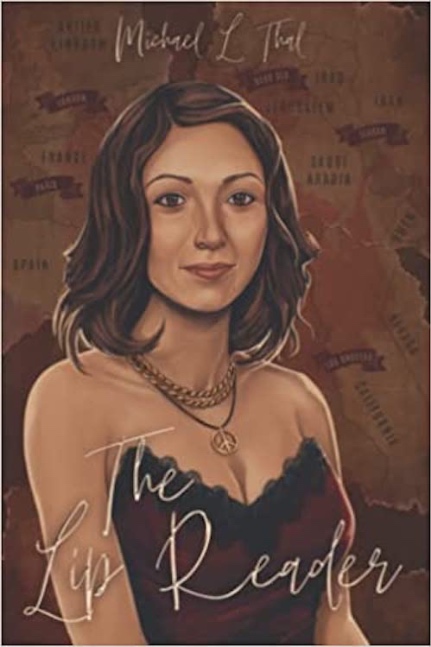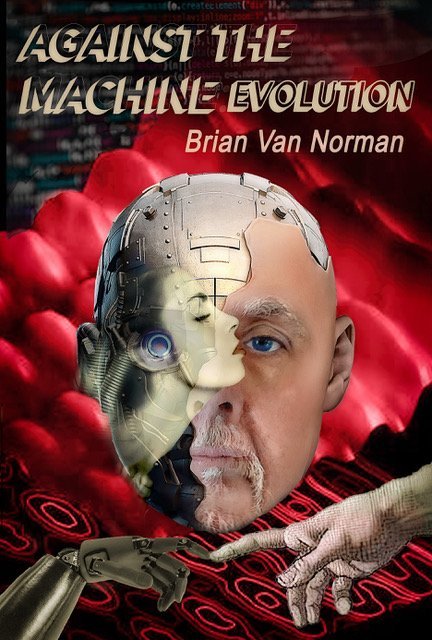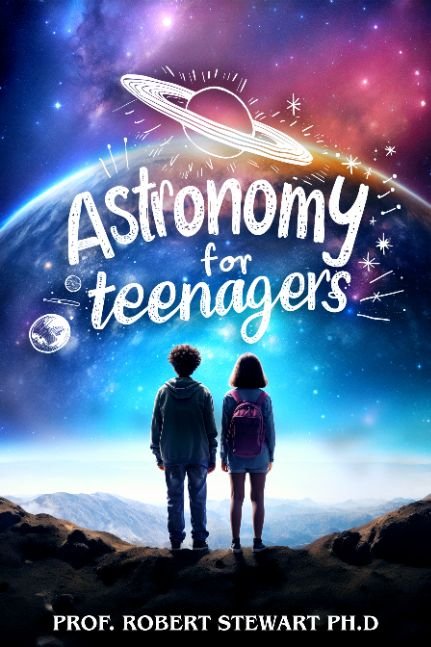- Home
- Book Trailer
- Interview with Saurabh Gupta - Author | Tech Entrepreneur
Interview with Saurabh Gupta - Author | Tech Entrepreneur
 https://sbh.bio.link/
https://sbh.bio.link/
Hi Saurabh, thanks for joining us today. What initially inspired you to start writing?
Writing has always been a way for me to share my knowledge and experiences with a broader audience. My journey as an author began with a desire to demystify complex subjects, like Oracle databases, for others in the field. The positive feedback from my first book motivated me to continue writing. The first two books on Oracle databases were born out of my professional expertise at the time. As my career evolved, so did my writing interests—leading me to explore data analytics, change management, and eventually psychology.
How do you approach writing about such varied subjects? What's your mindset when you start a new book?
My approach is driven by a blend of curiosity and a desire to share knowledge. When I start a new book, I immerse myself in the subject matter. It's about becoming a student again—reading extensively, talking to experts, and reflecting on my own experiences. I aim to make complex topics accessible and engaging, which is why storytelling is a crucial part of my writing style.
Your books cover a range of topics from Oracle databases to psychology. How do you decide on the subject matter for each book?
Each book reflects a phase of my professional and personal journey. My first two books on Oracle databases were born out of my deep involvement in that technology. As my career evolved, I shifted focus to data analytics and later to change management, both of which I encountered extensively in my work. The book The Whys of the Mind on psychology of emotions stemmed from my interest in understanding human behavior, which is crucial for any leader or entrepreneur.
Can you describe your writing process? How do you balance it with your other responsibilities?
Writing is a disciplined activity for me. I allocate specific time slots during the week, often early mornings or late evenings, to focus on writing. I break down the writing process into smaller tasks—outlining, drafting, revising—so it feels manageable alongside my professional commitments. It’s all about consistency and making writing a habit. Breaking down the book into manageable sections and celebrating small milestones helps too.
How do you approach the research phase? How do you ensure that your writing remains accessible and engaging for your readers?
Research is critical, especially for non-fiction. I start with a broad literature review to understand the existing knowledge. I also rely on my professional experiences and case studies to provide practical insights. Interviews with experts and feedback from peers are invaluable for adding depth to my work. I strive to simplify complex concepts without oversimplifying them. Using analogies, real-world examples, and a conversational tone helps make the content relatable. Feedback from early readers is crucial; they help me identify areas that might need more clarity.
You’ve authored books on very different subjects. As an experienced author, what advice do you have for newbie authors who are just starting out?
My advice would be to start with what you know and are passionate about. Don’t worry about perfection in the first draft—just get your ideas down on paper. Consistency is key, so write regularly, even if it’s just a little each day. Seek feedback early and often, and be open to constructive criticism. Lastly, remember that writing is a journey, not a destination. Enjoy the process and keep learning.
Lastly, how do you see the role of technology evolving in the world of writing and publishing?
Technology has transformed writing and publishing in so many ways. It’s democratized the process, allowing more voices to be heard through self-publishing platforms. Tools for collaboration, editing, and research have made writing more efficient. Looking ahead, I think AI and machine learning will play a significant role in personalizing the reading experience and helping authors with data-driven insights. The key is to embrace these changes while staying true to the craft of storytelling.







